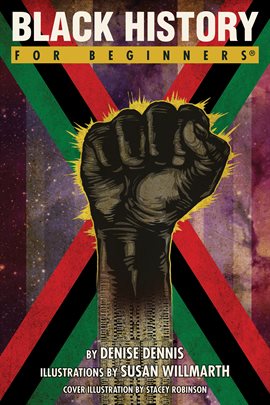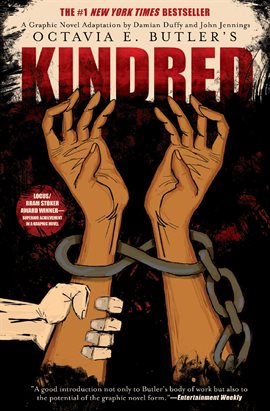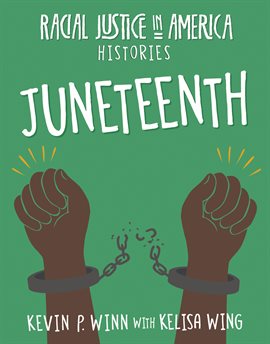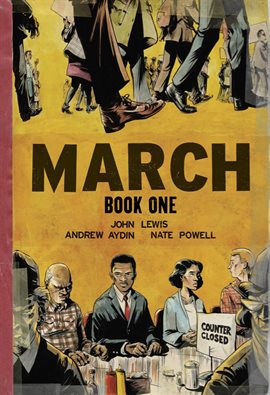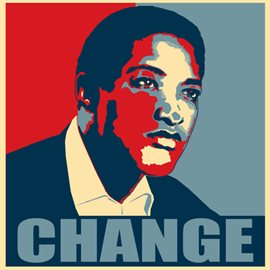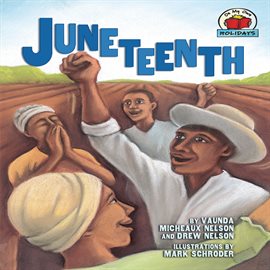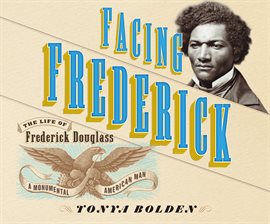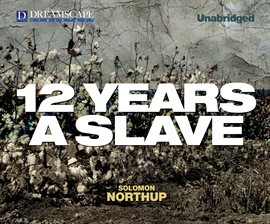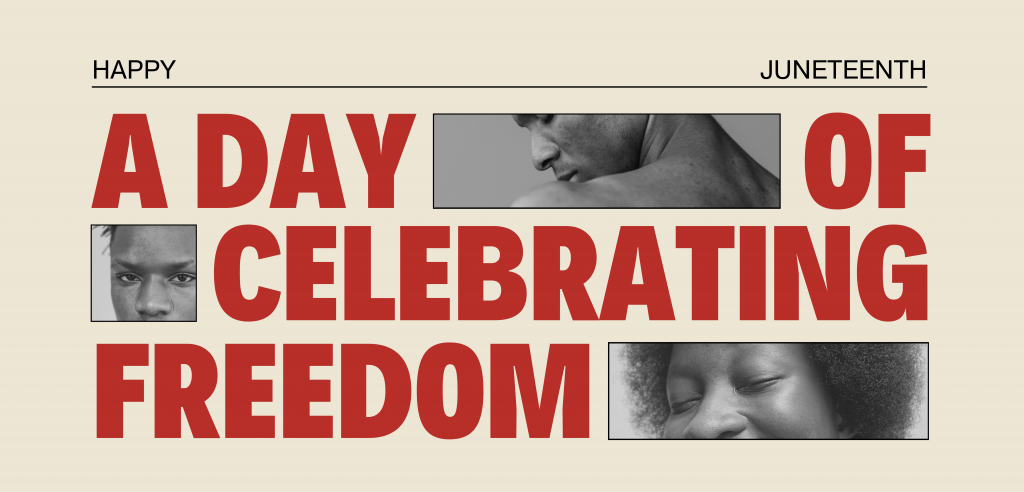
“Juneteenth is a commemoration of the end of slavery in the United States. The holiday is observed on June 19—”June nineteenth” is shortened to “Juneteenth”—and is known by various names, including Emancipation Day, Freedom Day, Jubilee Day, and Liberation Day; some call it America’s Second Independence Day. It began as a time of celebration when, on June 19, 1865, General Gordon Granger (1821-1876) of the Union Army announced in Galveston, Texas, that the U.S. Civil War (1861-1865) was over and all enslaved people were free.”
“The concept of Juneteenth became more widely known to the American people during the summer of 2020, as racial tensions escalated. Black Lives Matter protests sprang up around the country due to the killings of African Americans by police officers. Breonna Taylor (1993-2020), an U.S. healthcare worker, was killed by police in March of 2020 in Louisville, Kentucky, when officers burst into her apartment during a drug investigation; Taylor was shot in the head six times. George Floyd (1973-2020) was killed by police in May of 2020 in Minneapolis, Minnesota, when an officer knelt on his neck for nearly 9 minutes during an arrest. These killings and many others inspired civil and human rights activists across the country to demand an end to systemic racism and police violence against African Americans.”
Gale in Context : Juneteenth
Gale in Context articles
“Juneteenth Shows How Far We Have to Go” by Kate Masur
The New York Times / June 19th, 2021
“To commemorate Juneteenth — now established as a national holiday on June 19 — is to recognize the importance of slavery in United States history, to remember the horrors of bondage and the jubilation of freedom… Yet abolishing slavery was only one piece of a complex puzzle. It marked an ending, confirmed on Dec. 6, 1865, with ratification of the 13th Amendment. But it was also part of a much longer struggle to secure for Black Americans the rights and privileges promised to white Americans, a struggle that began long before Juneteenth and endures today.”
“Finally, Juneteenth the Holiday” by Aidan Gardiner
The New York Times / June 20th, 2021
“Ms. Bivins welcomed the designation of Juneteenth as a federal holiday, but noted that an array of societal problems still challenge the freedom of Black Americans.”
“Juneteenth, George Floyd, and Tulsa: Sweet and bitter” by Jacqueline Adams
The Christian Science Monitor / June 21st, 2021
“The spirit of the Juneteenth events seems hopeful. Yet, for me, not even a Juneteenth party can easily erase the pain that the United States has just relived. The searing one-year anniversary of George Floyd’s murder was followed by the Pulitzer Prize special citation for Darnella Frazier, the young woman who videotaped the killing.”
Spotlight on Opal Lee: “The Grandmother of Juneteenth”
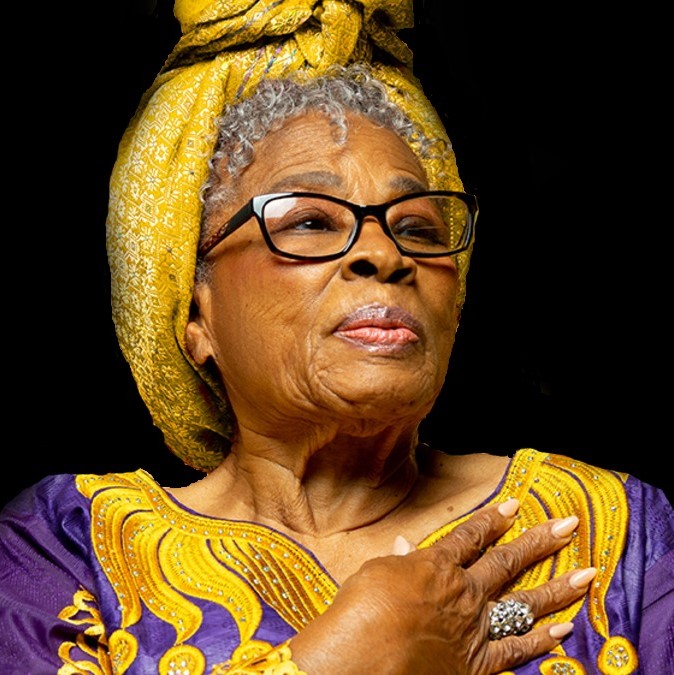
“Retired educator Opal Lee set an ambitious new goal just before her 90th birthday in 2016 when she decided to embark upon a walking pilgrimage to Washington, DC, to raise awareness for the campaign to make Juneteenth a US national holiday.”
“Enslaved Americans were freed before June 19, 1865, but the last holdouts of the Confederacy were located west of the Mississippi River in Louisiana, Arkansas, and Texas. Finally, a Union Army general arrived in the port city of Galveston, Texas, and the Emancipation Proclamation was read aloud, an act that freed the enslaved Black Texans. The two-and-a-half-year lag time shaped the outline of Lee’s plan in 2016 to walk from Fort Worth to Washington, DC, which she undertook shortly before her 90th birthday. She planned to walk two and a half miles every day to raise awareness for the National Juneteenth Observance Foundation, on whose board she sat, which campaigns to make June 19 a national holiday.” Opal Lee: Newsmaker Online accessed from Gale.
Hoopla
Kanopy

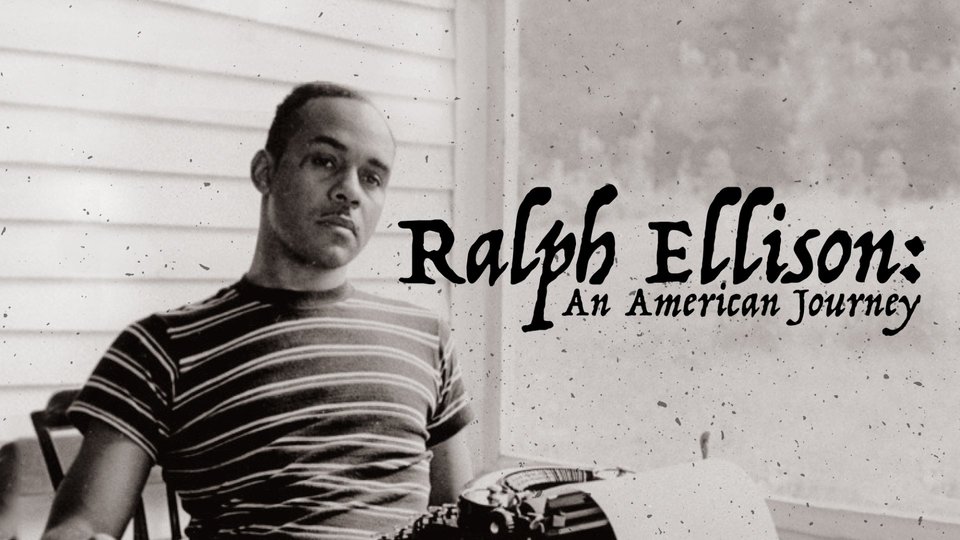
https://www.kanopy.com/en/haverhillpl/video/62803 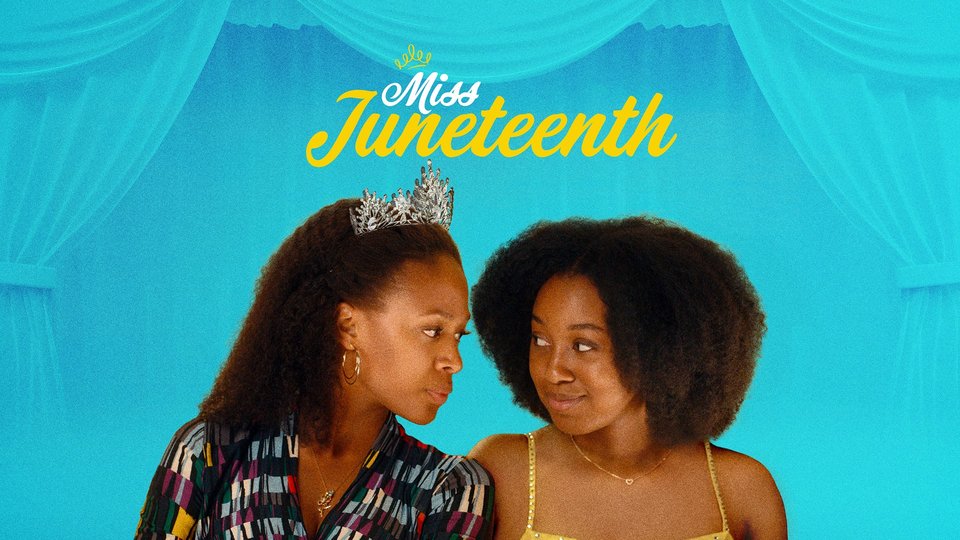
https://www.kanopy.com/en/haverhillpl/video/10419837 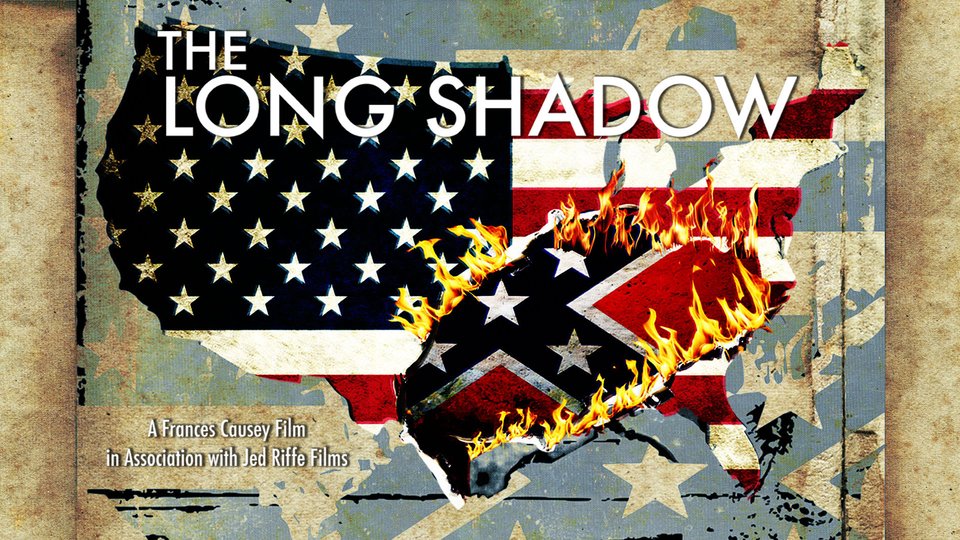
https://www.kanopy.com/en/haverhillpl/category/49307 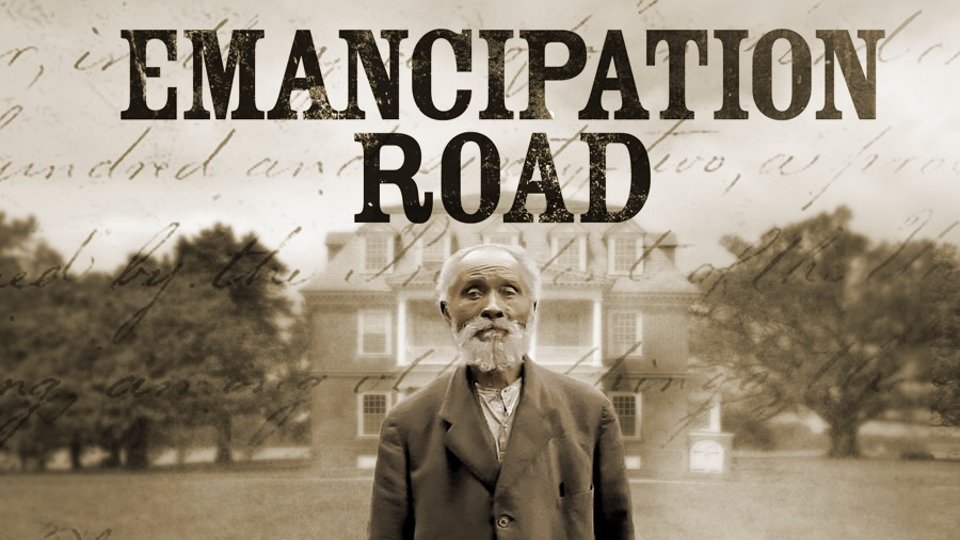
https://www.kanopy.com/en/haverhillpl/video/139861 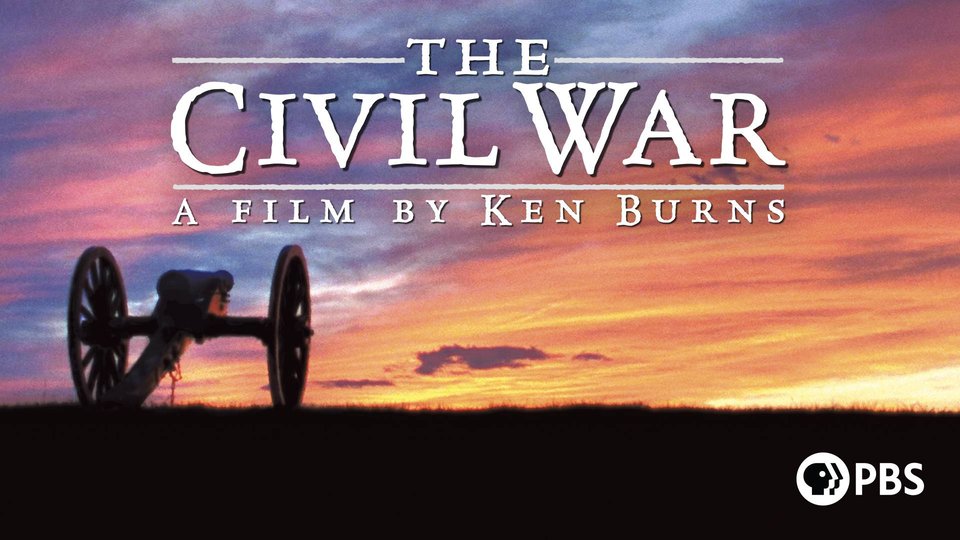
https://www.kanopy.com/en/haverhillpl/video/137104 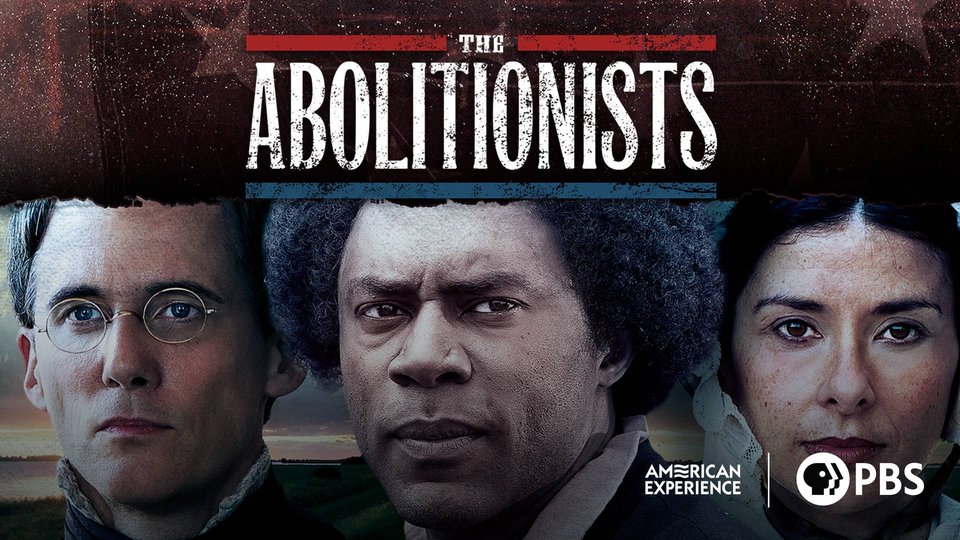
https://www.kanopy.com/en/haverhillpl/video/356465
